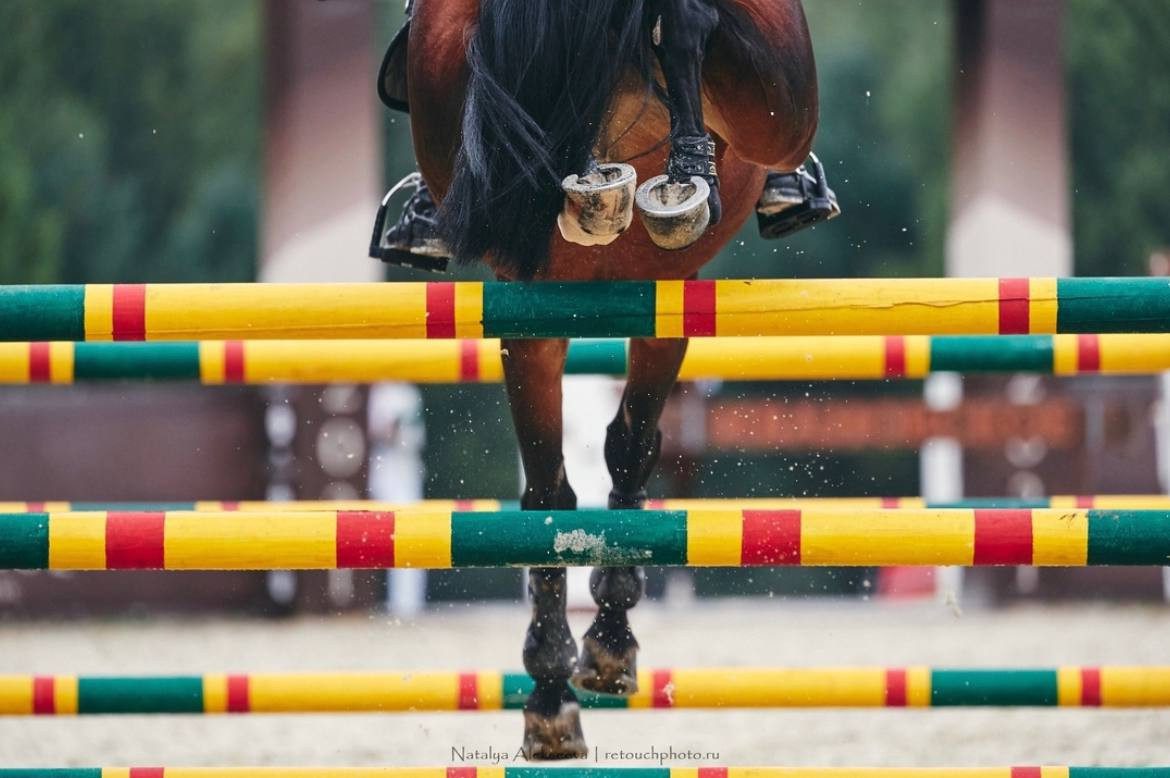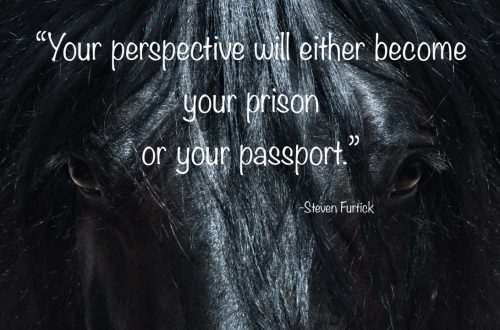
To forge or not to forge: that is the question
A “hot” topic of discussion in the equestrian community: do horseshoes need horseshoes or not? Discussions are already underway around the world. To dot the i’s and help you find the answer to the age-old question, we invite you to get acquainted with the opinion of one of the best farriers of our time – Stephen Teichman.

Photo: Natalia Alekseeva
Stephen began his career in 1973. He has a bachelor’s degree in biology and a master’s degree in biomechanics from the Royal Veterinary College in England. Stephen even managed to work with the royal horses. His track record also includes six Olympic Games, six Pan American Games and the European Championship, where he shod horses for the US national team.
Do you think horses should be shod or not?
Stephen Teichman: My opinion is somewhere in the middle. I would like top horses to run barefoot for as long as possible. But usually the age of forging is 5 years. Someone starts to forge earlier. I always represent the interests of the horse.
When are horseshoes needed?
Stephen Teichman: With high loads and traveling from place to place, I would say that horseshoes “soften” many problems. The hoof capsule is very sensitive to the environment, and it is very difficult to maintain the health of the feet of a bare horse who regularly competes in different parts of the world.
For example, I have a “client” who performs very well and performs barefoot in California. But when he leaves for England, where the moisture content is higher, he may have problems within 10 days. Horse hooves are similar to our nails. Remember how soft they become in water. What happens to curly hair in the shower? Alpha-keratin is to blame for everything. When it gets wet, the hydrosulfite bonds slide against each other and move, that is, change shape.
Depending on the environment and climate, the horse’s hoof capsules will react accordingly. Horseshoes are designed to protect the horse from injury.
What is the main advantage of horseshoes?
Stephen Teichman: Increasing the level of adaptability. In my experience with top level athletes, with the variety of climates that their horses face during the season, it’s not uncommon for injuries to occur. A horseshoe can help prevent this. This is why many professional riders choose to shoe rather than barefoot.
What do you think are the benefits of keeping a horse barefoot (lifestyle permitting)?
Stephen Teichman: The advantage is a healthy horse. Plus, it’s much more economical.
Are there any alternatives to horseshoes?
Stephen Teichman: I love plastic adhesive horseshoes. This is a great option up to a certain level of stress. They are quite durable, but glue shoes can be slippery for professional sports.
What advice can you give to equestrians? To forge or not to forge?
Stephen Teichman: In my experience, it’s not so much a matter of “to forge or not to forge” – both are very good options. It’s about what’s best for your horse. Your choice will be based not only on the structure and development of the hooves, but also on the environment in which your horse lives. Lifestyle and athletic requirements are an important component in determining whether or not to forge.
Looks like another myth busted! Whether you are an amateur or a professional athlete, the decision to “forge or not to forge” will always depend on the specific situation. In any case, it should always be suitable for the particular health and stress of your horse.
Source
 Alexey Borisovich 11th of October 2022
Alexey Borisovich 11th of October 2022“and the European Championships, where he shod the US National Team horses” It is doubtful that Steven Teichman shoed the US National Team horses at the European Championships. The US team does not compete at the European Championship)) Answer





